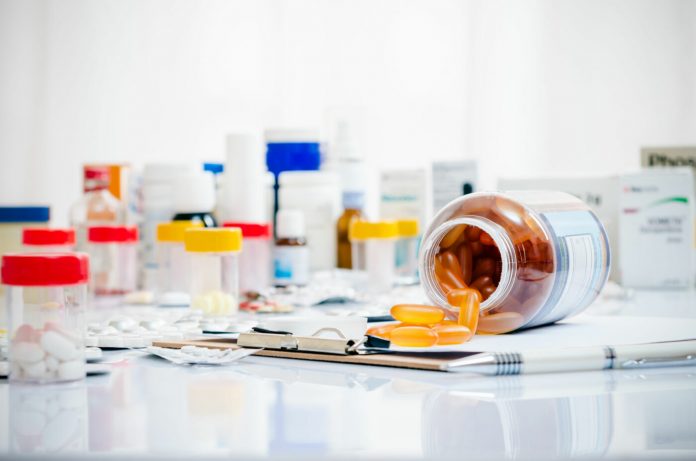Thursday evening, the Food and Drug Administration announced the first shortage of a drug related to the global disruption caused by the coronavirus.
The global supply chain has been impacted by the coronavirus, and medical products are no exception. The FDA has been closely monitoring the disruptions to the global pharmaceutical supply chain for the past month, as parts of China which produce ingredients used in many drugs are closed off from travel. While there are alternatives to the drug in question (which has not been named by the FDA), experts expect it will not be the last.
The coronavirus has been exposing the weaknesses in our healthcare system, but these weaknesses are not new. Rather, they have existed for years. It is critical for us to recognize that shortsighted responses designed to respond narrowly to a current crisis will be harmful in the long run.
During a House Appropriations Subcommittee meeting on Thursday, ranking member Jeff Fortenberry called for more drugs to be entirely manufactured in the United States, rather than relying on the international supply chain. But there are obvious problems with autarky and the government acting as a central planner, directing firms how to operate.
Shortages are nothing new for medication. Going back to 2001, drug shortages posed a serious difficulty for hospitals. Over that time, restrictions on the pharmaceutical industry increased by 40 percent, according to a study by the Progressive Policy Institute. According to a 2019 report by the FDA, 163 drugs had been in shortage from 2013 to 2017.
While temporary shortages can be caused by rapid changes in patient demand or sudden interruptions in the supply chain, chronic shortages stem from persistent barriers preventing the market from working effectively to coordinate buyers and sellers. In this case, it’s largely regulatory policy.
Pharmaceuticals are heavily regulated because of the inherent risk to the health and safety of patients. But pharmaceutical regulation, like the drugs themselves, comes with negative side effects.
There are a small number of firms able to produce drugs, which reduces the available supply and the ability to deal with a disruption. For one thing, the pharmaceutical industry has high fixed costs, which makes entry difficult for a potential new competitor. For another, FDA regulatory policy compounds this problem, making it costlier for these new firms to operate.
Regulatory policy benefits incumbents over new entrants to an industry. Successful, established firms are able to withstand the higher costs that accompany meeting specific requirements and continuing compliance.
Additionally, the FDA drug approval process is long and expensive. The FDA has been slow to adapt to technological advancement and the rapid improvements in medicine and technology. Current estimates of the cost of the production of a new drug range from $1.5 to $2.6 billion. Meanwhile, the chance that a drug being developed ever makes it onto the market is 12 percent. The FDA does not explicitly define safety, subjecting an uncertain endeavor to even more uncertainty, while costing millions of dollars for the application process alone.
Even if the drug is approved and on the market long enough for the patent to expire and generic drugs to compete, it is difficult to make a generic drug. Firms developing a generic must purchase access to the original name-brand drug and test the potential generic against it.
A few years ago Martin Shkreli made news for raising the price of Daraprim, which his company produced exclusively, from $13.60 to $750. No other firm had produced a generic version, despite it being out of patent, because of the regulatory costs associated with developing it. Even after he raised the price, it took some time for a competitor to produce, get approval, and bring the generic to market.
Furthermore, the FDA does not recognize drug approvals granted by foreign regulatory bodies. Drugs available in Europe must go through the entire approval process under the FDA, which prevents drugs developed and already approved in other nations from being used quickly to treat patients here.
These regulatory forces all combine to reduce the supply of drugs in normal times.
When starting out from such a weak position, we should not be surprised when sudden, unexpected disruptions cause shortages. Forcing drugs to be manufactured entirely in the US will not solve the persistent shortages of drugs. Reforming the FDA, making it easier and less costly to get drugs to the market in normal times would give the US a greater ability to withstand a shock like the coronavirus. Allowing more firms to produce drugs will reduce the impact of a region suddenly being unable to supply ingredients or drugs.
Let’s not react to the current crisis by further expanding bureaucratic control of the drug market, which will only put us in a worse position in future crises.
